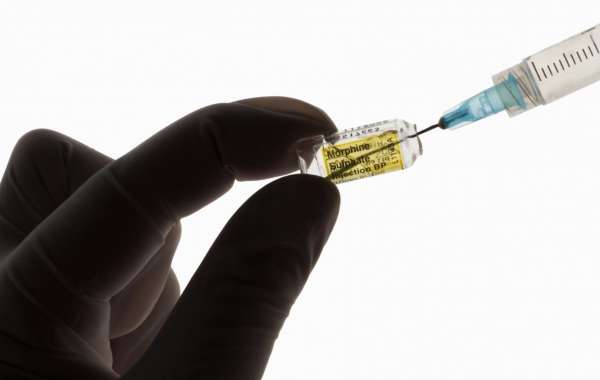Opiates are a class of drugs that have a wide range of side effects. These include pain, nausea, vomiting, and constipation. They are commonly prescribed to treat cancer patients, but can also be used for other purposes. In some cases, they can be taken illegally, as in the case of heroin.
Prescription opioids
Prescription opioids are widely used in the United States for pain management. They work by attaching to nerve cells in the brain and blocking pain signals. As a result, they are heavily prescribed for injuries, medical surgery, and chronic pain. However, in recent years, a large increase in abuse has been reported.
The Office of National Drug Control Policy (ONDCP) has developed a national strategy to address prescription drug abuse. It includes a series of broad-based policy initiatives. Although the national strategy emphasizes the importance of abuse-deterrent formulations, the pharmaceutical industry has shown irresponsible marketing practices in promoting prescription opioids.
There are several factors that can affect prescription opioid abuse. These include Federal and state laws, regional trends, and the availability of prescription medications.
Researchers are interested in the best method for interpreting and estimating prescription opioid abuse rates. Several studies have used ecological methods to investigate the effects of various factors on opioid abuse. In these studies, the overall health care burden of RxO abuse is estimated based on the total costs of RxO abuse multiplied by country-specific estimates of chronic pain.
Illicit opiates
Illicit opiates abuse is a huge public health concern in the United States. The use of illicit drugs, particularly opioids, is responsible for a large number of deaths each year. A wide variety of treatment options are available to help people struggling with illicit substance use disorders.
Illicit drug use can lead to overdose. This can be fatal, and the danger is even greater for people who inject. It can also cause physical and emotional problems, such as job and social problems.
An estimated 230 million Americans have abused illicit substances at least once in their lifetimes. Most of these people have been using these drugs for only a short period of time. Those who have a history of using drugs may have a high risk of developing addiction.
Illicit drug use is also linked to HIV. Sharing needles is one of the biggest ways to spread the virus.
People who are dependent on opioids can have withdrawal symptoms. These include drowsiness, sweating, constipation, and nausea. They may also experience euphoria. Other signs of withdrawal are seizures and heart palpitations.
Symptoms of opiate abuse
There are many signs of opiate abuse, which include changes in social behavior and physical signs. However, the symptoms can be difficult to recognize. This is because they may coincide with other signs of abuse.
Opiate abuse is a serious issue. It can result in serious and permanent damage to your health. Symptoms include withdrawal, overdose, psychological issues, and physical harm.
Opiates are a group of prescription medications that are made from opium. They are used to treat pain and other chronic conditions. But if taken too long, they can become addictive.
Overdose can be fatal. Many people who use opiates to relieve their pain find that they need to take more to achieve a euphoric effect. People who overdose on opiates often experience painful withdrawal.
Other signs of opiate abuse include changes in diet and sleep patterns. A change in diet can be an indicator of depression or stress.
Abuse can also lead to legal problems, financial hardship, and missed days at work. Addiction to opiates can also cause harm to your internal organs, including your liver.
Treatment options
If you or a loved one is struggling with opioid abuse, there are a number of treatment options available. These may include methadone maintenance treatment (MAT), behavioral interventions, or medications.
Methadone is a strong opioid medication that is used to treat various types of addiction. However, methadone can become addictive. It can also cause dangerous withdrawal symptoms if taken incorrectly. Therefore, it's important to consult with a doctor about your medication intake during treatment.
Medication-assisted treatment (MAT) involves supportive medications that help with opioid cravings and withdrawal. MAT is used in conjunction with other therapies to address all aspects of an addict's treatment.
MAT can improve your chances of long-term recovery. There are several treatments to choose from, including group and individual counseling. A therapist can guide you through your treatment in a safe, peer-supported environment.
MAT can be combined with outpatient therapy or residential rehab. Outpatient rehab allows patients to go to therapy on their own time, while residential programs require patients to live at the treatment center.






